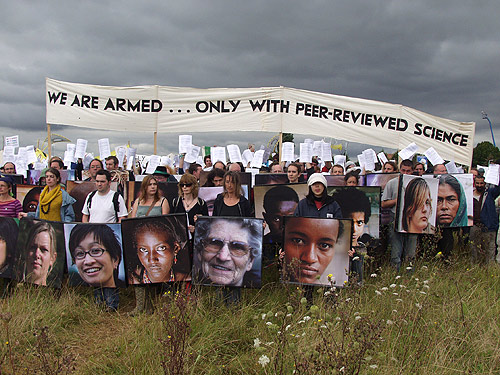climate change
Evo Morales: ‘Our liberation is for the whole of humanity’

Group of 77 Summit — Plurinational State of Bolivia, 14 and 15 June 2014.
Australia: Socialist Alliance's 'International Political Perspectives' resolution
"Despite repeated warnings from the majority of the world's scientists of the urgent need to slash greenhouse gas emission, the concentration of carbon dioxide in the atmosphere passed over 400 parts per million for the first time in
Climate change: Evidence of capitalism's death-wish

By Renfrey Clarke
Two reviews: ‘Confronting Injustice: Social Activism in the Age of Individualism’

Review by John Riddell
Unite union leader on the struggle against climate change, and for socialism

Mike Treen on the picket line.
Poland: UN climate talks go nowhere -- yet again

By Chris Williams
Poland: Corporate capture of UN climate talks

With corporations--steel giant Arcelor Mittal, General Motors, Emirates, coal companies--sponsoring the UN climate ch



